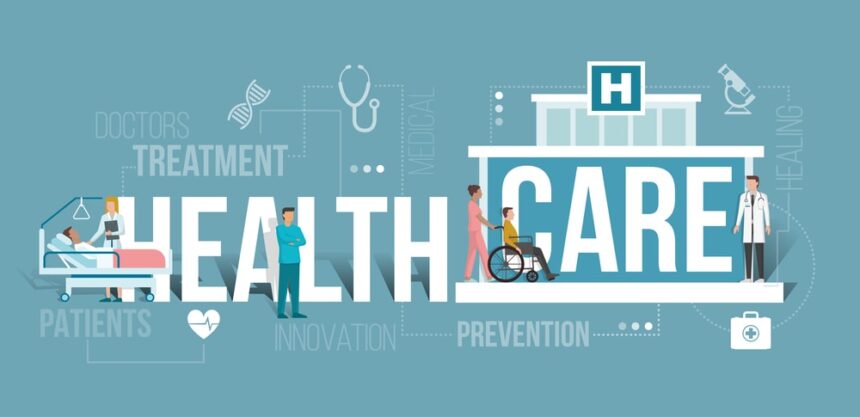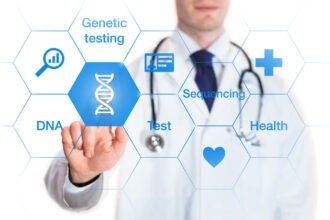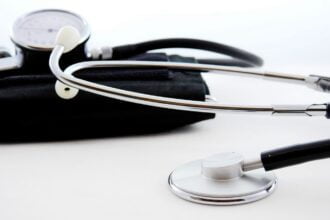Obamacare and the possibility of significant repeal-and-replace plans have made the future of healthcare highly controversial subjects for many Americans. However, the news isn’t all bad. Modern technologies have made today’s healthcare safer and more effective than ever, a trend that will only continue. Here are several areas where patient care will continue to improve over the next decade.
Data analytics
Big data and tools for sifting all that raw information have provided businesses of all kinds with more accurate forecasts and the ability to spot trends. Healthcare is no exception. While some medical organizations may be non-profit, the same data techniques and tools are allowing them to analyze past results to make constant improvements. Medical tests, prescriptions, hospital procedures, and more are all small pieces of a larger puzzle that can be analyzed to provide more effective and efficient patient care.
Telemedicine
Video conferencing technology is also becoming more common and more in demand. In today’s aging population, there’s a shortage of home care professionals, while your elderly relations may lack the mobility to travel to a doctor for checkups. Streaming video makes it possible for medical personnel to inspect them, demonstrate treatments, and observe reactions. As demand for medical attention grows, telemedicine will become more common and save more lives.
Autonomous vehicles
Driverless vehicles are a hot topic now. You can imagine the convenience of hands-free driving on a daily commute, or safeguarding impaired or intoxicated drivers. There are even technologies now that can detect an incapacitated driver and alert authorities. Taking driverless technology a step further suggests driverless ambulances in the near future. If you’re injured, they can get you to the hospital faster and safer, as well as freeing up the driver to assist with your care.
Healthcare regulations
There are a number of laws and regulations in place to protect patients. This can include a range of guidelines for assuring quality of care, protection of patient records, informed consent before medical procedures, and much more. Healthcare providers must remain compliant with all laws and regulations or face fines, civil lawsuits, and even loss of license. Many facilities will have software in place helping them to stay updated and consistent with changing regulations. However, if you or a family member need medical care, it’s important that you become familiar with patient rights. If you are considering a career in the healthcare field, looking into healthcare law degrees might not be a bad idea. Working in this field would give you the opportunity to both protect patients in a unique way, and drive change in the healthcare community. While nothing is guaranteed, and costs are always a concern, we can count on developing technologies to improve care. Even healthcare is becoming a competitive industry, which fuels new innovation and better, more affordable treatment.










